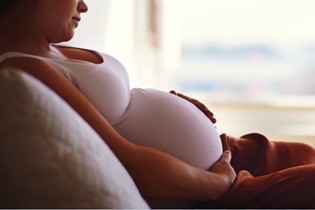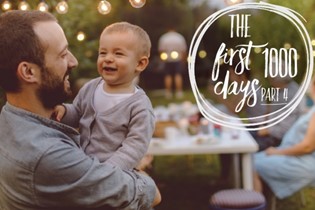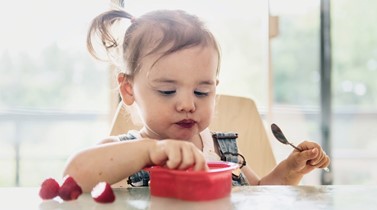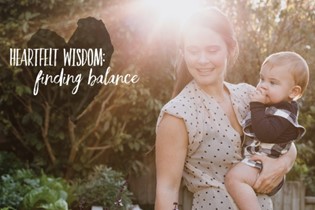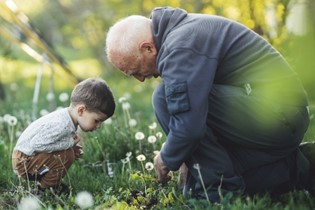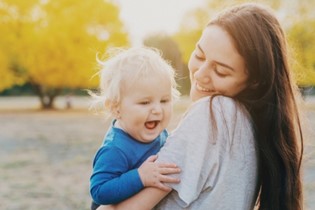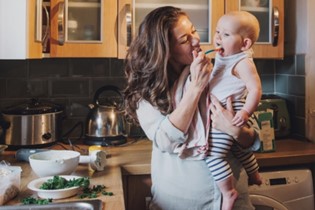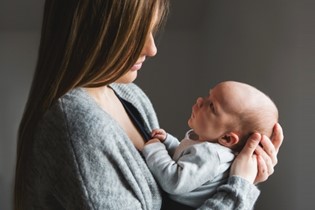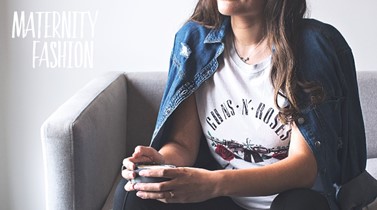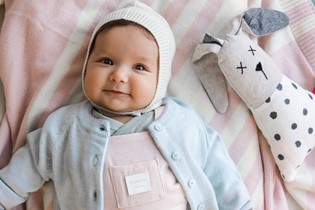The sandwich generation: when your children and parents need your care
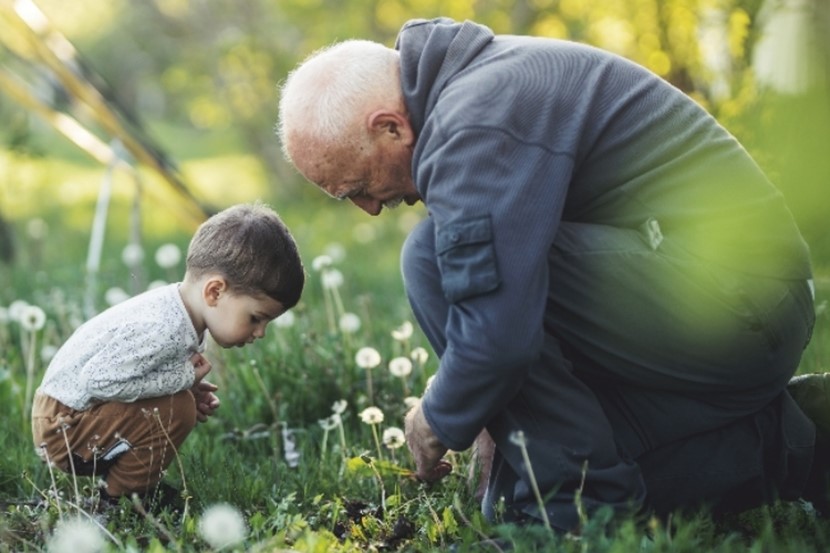
An increasing number of Kiwis are finding themselves looking after ageing parents and young children simultaneously. Catherine Tafto looks into the difficulties of this dynamic, and shares tips to help you prepare and cope when the pressure comes.
When raising small children, our association with sandwiches tends to be Marmite or peanut butter, triangles or squares, crusts on or off? The concept of the sandwich generation isn’t one we are familiar with until we find ourselves with both small children and parents needing care.
Social worker Dorothy Miller coined the term in 1981 to describe women in their 30s and 40s who were sandwiched between young children and ageing parents as their primary caregiver. And with more of us having children later (according to Statistics NZ, the median age for women giving birth in 2011 was 30), this situation is likely to become more common. With the caring load shared more evenly, it is also becoming a reality for dads.
Caring up or down?
For Ruth* it didn’t really matter what the phenomenon was called as it became her ever-present reality throughout 2017. “When you have children, you know you may have to make some tough decisions for your child, but it is a shock when you have to do that for a parent” says Ruth. “It isn’t something we really expect we’ll have to do.”
Ruth lives in Auckland with her husband and their two young daughters, and her father Bob lived in Hamilton with his wife Kate. “Dad had terminal cancer and some mental health issues for years, but at the beginning of 2017 things started to deteriorate”, Ruth recalls. Bob and Kate asked Ruth to take on Bob’s enduring power of attorney. This began a road-trip routine of dropping her preschooler at kindergarten and driving to Hamilton with her toddler to work with lawyers or visit her father, before rushing back in time for kindy pick-up.
Midway through the year, oncologists advised that nothing further could be done for Bob. This triggered a decline in his physical and mental health, and the EPA was invoked. Ruth was tasked with finding him a facility with a vacancy that was equipped for his needs. He wanted to be in Auckland to be close to family, and to Ruth’s relief, she found a quality facility on the North Shore. “The complicating factor was that we were moving him from one DHB to another, and managing it all became a full-time job, while also trying to care for my family.”
Ruth knew her time with her father was limited, so she tried to see him as much as possible. “I would take the girls with me but they didn’t like going there, which became really challenging” remembers Ruth. And then the two-way pressure intensified, as Bob, unhappy with the facility, instigated a move back to Hamilton. After this second move, Ruth realised she had to make some hard choices as her eldest daughter was just starting school. “As a primary school teacher, I felt really strongly that I wanted the start of my daughter’s schooling to be as secure and happy as possible. This meant I couldn’t visit Dad so much.” When Bob requested to be moved back up to Auckland, Ruth stood her ground and said no. “I knew it wouldn’t work, even if we did move him, and I was beginning to realise the toll it was taking on me and on my family.”
Ruth’s ultimate sandwich moment came when, on Christmas Eve, she left her family’s holiday in Coromandel and travelled alone to say goodbye to her father who was now in a coma. “Christmas is such a big deal for children, and they needed me, and we didn’t know how long Dad would last, but he was my father, and this was goodbye.” On Christmas Day Ruth chose to return to her children, deciding they needed her most. Her father didn’t come out of the coma, and died later that day with his wife and son at his side. “I feel like I made the right decision” says Ruth.
What shall we do with the duelling pistols?
Sarah and her husband James lived with their two children seven doors down from James’s parents, Sue and Jack, in Christchurch.* While Jack had Parkinson’s disease, Sue was in good health and played a big part in the children’s preschool lives.
Then, suddenly, Sue had an aneurism, followed by surgery and a number of strokes, leaving her almost incapacitated. The earthquakes hit the same year, so Sarah and James found themselves juggling high-need parents with a daughter who wasn’t coping with the earthquakes – whilst also managing repairs to both homes.
The following year Sue and Jack moved into care, and Sarah and James were faced with the task of clearing the home Sue and Jack had lived in for 40 years. It was clean but crammed to the brim with the accumulated possessions of several lifetimes. “They also had stuff from their parents” explains Sarah. “Sue’s father had died at sea in the 1960s, and his chest of belongings had been sent back but never opened. There were duelling pistols, art, antique furniture, even a sword. It was totally overwhelming!”
Thankfully, James’s brother came from the UK to help, and friends – seeing Sarah overwhelmed by working, caring for her children, looking after her parents-in-law and sorting the house – rallied to lend a hand. There were further challenges. Partly due to his Parkinson’s, Jack withheld information (including details of his will) and delayed arranging a replacement EPA for Sue.
When Jack died, the will could not be found. Dying intestate meant it took longer to manage the estate, and a court process was needed to have James made the EPA for Sue. This added extra pressure to Sarah and James as together they struggled to balance the need, and desire, to give James’s mother the care she needed, at the same time as looking after their own family unit.
A few years have passed since Jack died, and the pressure has eased as the children have grown. But as Sue’s health deteriorates, James and Sarah still keenly feel the pull from both generations. “Any celebrations have to be held at our home as we can accommodate Sue’s wheelchair, and the timing has to be worked around when she is at her best” says Sarah. “James is so dedicated to his mother, which is wonderful, but it can feel like a sacrifice for the rest of the family.”
Tips from the sandwiched
When everything is going well, it may not occur to us to look forward, but taking some simple steps ahead of time can make things easier for everyone.
Ruth and Sarah both agree getting affairs in order is critical. “Making sure there is a will, and you know where it is. Having an EPA in place will also save a lot of stress and hassle”, Sarah explains. Downsizing and decluttering is really important too, and if your parents have lived in the same place for a long time, it may have been a while since it has been done. Scheduling some time to slowly sort treasure from trash together is a great way to start.
Ruth says understanding your limitations is important. “You need to find where your boundaries are, in terms of what you can practically do, and don’t step past them.”
Ruth and Sarah have both found themselves changing the way they do things in response to what they have experienced. “I have become very aware of what I bring into my home, and if something is being kept because it is precious, I make sure it is labelled” says Sarah.
Silver linings
The care we show our parents models to our kids how we care for people with compassion and sacrifice, and the value of life. Just because someone is incapacitated, they still deserve dignity, love, and to be included in the family. I think this is all very important for kids to learn” says Sarah.
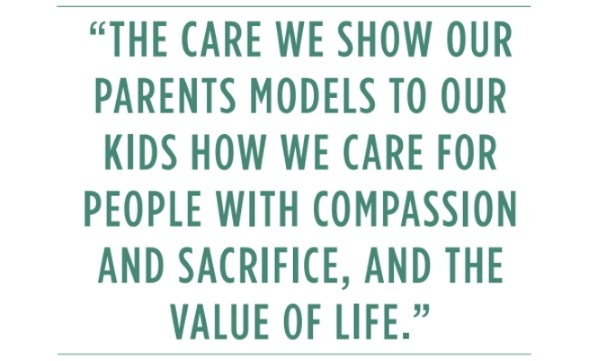
Both Sarah and Ruth struggled with finding care facilities, and the experience has led James to start a business, Aged Advisor, where people can review care facilities based on their experiences.
Ruth is still recovering from what was a really hard year. “I am still working through it, but I am really proud that I did actually manage it all, and I know now what I am capable of”, she says. “I also know that I did my best, while making some hard decisions.” She has also learnt that the house doesn’t need to be perfect, and that taking time for herself shouldn’t be optional, but a core part of her life.
*Names have been changed
|
CARING FOR THE CARER ☙ Take time for yourself: This is hard enough to do when you only have children to care for, but it is oh so very important. It can be so hard to put yourself first when there are so many people relying on you, but you need to remember that you’re a person too. Think of something that you know will make you feel better – a walk on the beach, or time at home alone with a magazine and a cup of tea – and make it happen. ☙ Communicate: Make sure your partner and friends know about what you are going through and how you’re feeling. They may be the first ones to realise that you are not coping, and they cannot be there for you if you don’t let them know what is going on. It is also worth letting your school or ECE know what is going on, so they can help you support your children. ☙ Ask for help: It is a strange conundrum that most of us wouldn’t hesitate to help out a friend but are appalling at reaching out ourselves. If you can think of concrete ways people can make your load easier, then ask – whether it’s managing the school or kindy run one day a week, watching your kids while you go for a run, or having you over for a glass of wine. ☙ Seek professional help: It’s not uncommon for carers to get to a place where they need professional support as well, whether that is with medical care for a time, or talk therapy so you can let it all out without worrying about burdening anyone. ☙ Have a ‘go bag’: Having a bag with a few essentials ready to go (spare underwear, toothbrush, lip balm, a book or journal, some muesli bars, entertainment for the children and a list of people you may need to call) can make getting out the door easier if you need to move quickly. ☙ Take spontaneous breaks: While planning breaks or adventures in advance can give you something to look forward to, it can backfire if you suddenly can’t make it. It may work better to focus on grabbing opportunities when they arise. |
What is Enduring Power of Attorney?
An EPA may sound complicated, but it is important to have in place. Without one you may have to get a court order in order to make decisions about care and property.
- There are two types of EPA: for personal care and welfare, and for property. The person who grants the power of attorney is the donor, and the recipient is referred to as the attorney.
- An EPA for personal care and welfare comes into effect only when the donor loses mental capacity. Only one attorney can be appointed, and they work with medical staff and care providers to make decisions about the donor’s health, accommodation, and other care decisions.
- An EPA for property covers money and assets. There can be more than one attorney or a trustee corporation. It can be specified whether the power comes into effect immediately, or when the donor loses mental capacity.
- The same person can be chosen for both, but if different people are chosen, it is important they are able to work together, as it is a requirement that they communicate. The EPA can also stipulate that certain people must be consulted with, but the final decision rests with the attorney.
|
Catherine Tafto is a freelance writer and the founder of Loom Shared Space in Pukekohe. She lives with her husband and three sons in rural North Waikato and her current sandwich concern is why there are some left in the lunchbox at the end of the day. |

AS FEATURED IN ISSUE 42 OF OHbaby! MAGAZINE. CHECK OUT OTHER ARTICLES IN THIS ISSUE BELOW


